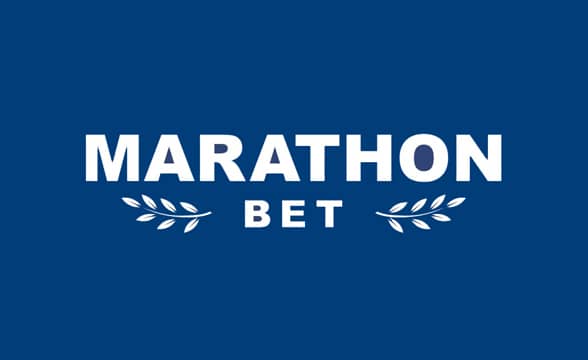We knew it would happen. We told you it would happen. Still, the failure of both California sports betting props is not what we wanted to see. We were hoping we were wrong. We were hoping to publish a news story where we apologized for ever doubting them. But in the end, we were correct. Hurray for us.
California sports betting props have been soundly rejected by voters in the state. Proposition 26, backed by Tribal gaming, couldn’t even pull 30% of residents voting in favor of the measure. Proposition 27, backed by big sports betting operators, did even worse with only 16% of people voting to pass the initiative.
The complete failure of both initiatives means that the largest potential sports betting market in the nation remains untapped. Most likely, it will remain untapped until at least the 2024 election, where there is little doubt that some form of legislation for sports wagers will return once again.
Never in the history of California has so much cash been invested for such little return. In fact, these two competing ballot measures were the most expensive campaign in the history of America, with about $450 million dropped. So much for money well spend, right?
Proposition 26 supporter and Tribal Chairman of the Yocha Dehe Wintun Nation, Anthony Roberts, said that “Our internal polling has been clear and consistent for years: California voters do not support online sports betting.” Proposition 27 would have enabled both online and mobile sports betting.
Meanwhile, Proposition 27 supporters responded by saying that “California voters were not fooled by Proposition 26… a massive expansion of gambling by five wealthy tribes that included a poison pill aimed at taking market share away from highly regulated cardrooms that provide millions of dollars in tax revenue to communities and tens of thousands of jobs.”
A non-partisan analysis of both California sports betting props found that the initiatives would, in fact, add to the state revenue numbers. However, it was not clear how much revenue either would have generated.
